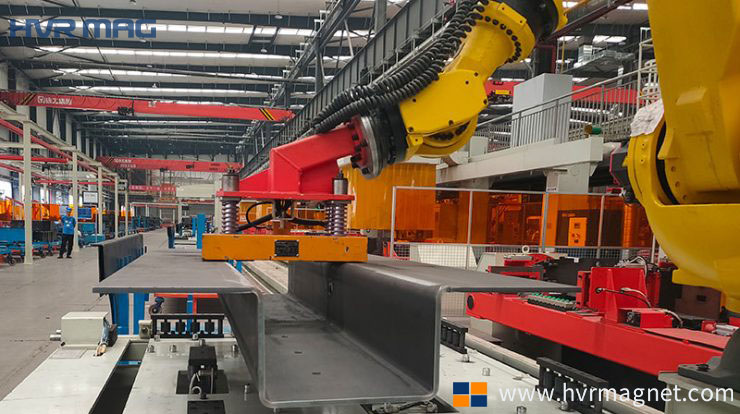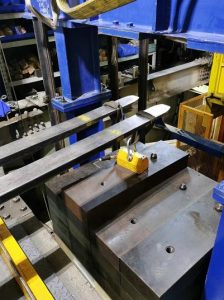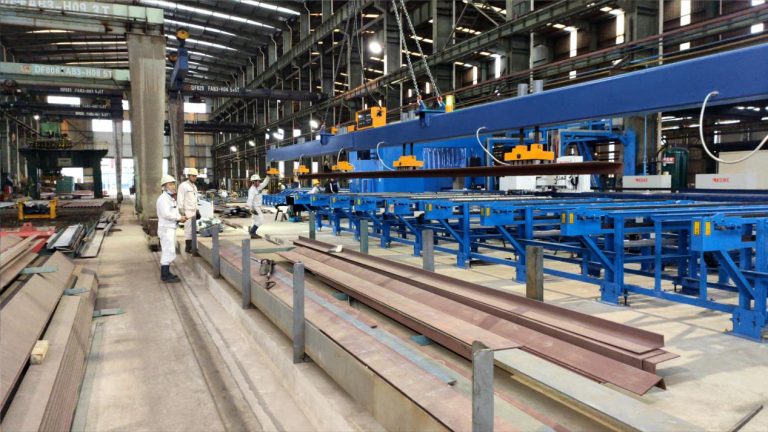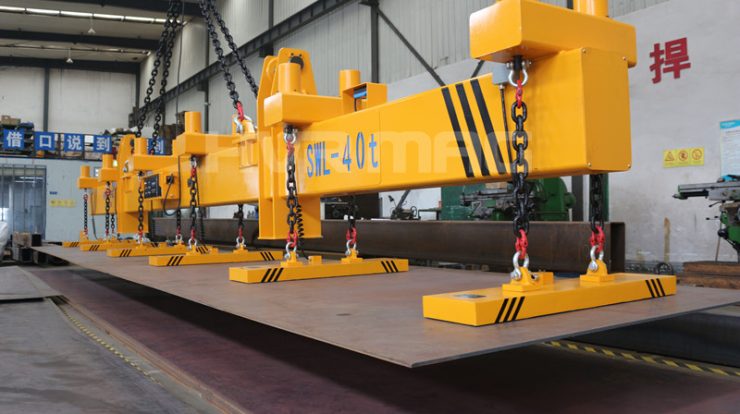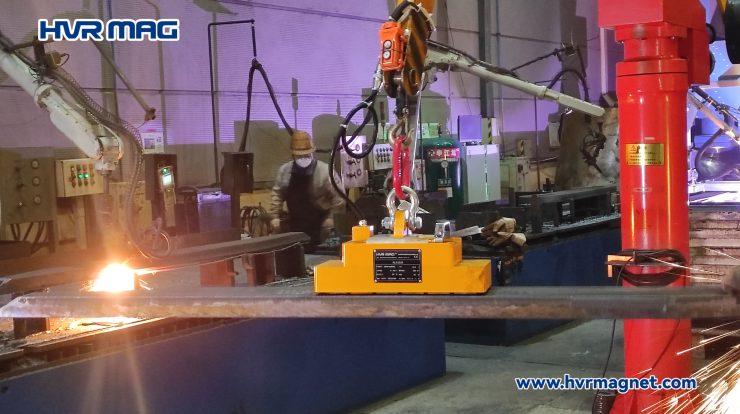When Do I Need to Service My Hydraulic Breaker?
Keywords: skid steer hydraulic hammer, excavator jack hammer
We get this question a lot. Although nearly all hydraulic hammer and hoe ram manufacturers recommend a reseal every 500 hours of operation, we have found that they can go much longer than that IF you and your operator are paying attention.
Match carrier output to the specifications of your breaker:
Self-destruction begins the moment you put a hydraulic breaker in service. No hammer should go onto an excavator without being flow tested to make sure it is providing oil at the correct gallons per minute, operating pressure, and relief without exceeding allowable backpressure. If your hydraulic hammer does not receive oil from its skid steer, backhoe, or excavator carrier within these parameters, you will break demolition tools, retainers, and tie rods more frequently, and find yourself knowing your local hydraulic hammer service technician way better than you want to.
Check demolition tool to lower bushing play regularly:
If this is within tolerances, it limits side loading on the piston and avoids seal failure and leaking. Get the tolerances from your hydraulic hammer manufacturer and check it at least once a week.
Maintain proper demolition tool length:
Hydraulic breaker manufacturers give minimum tool lengths to save your breaker. Each time your hammer breaks through the material, it dives forward. If the tool is too short, the dive is more likely to result in wear to the outer casing of the hoe ram when it hits the material. Even worse, the length of the tool helps to absorb vibration and heat generated at the business end. The shorter the demolition tool is, the more wear-inducing heat and vibration are transferred to the breaker itself.
Watch for signs of low nitrogen chambers:
You should always be checking the back head and accumulator nitrogen pressures per your hoe ram manufacturer’s recommendations, but there are some concerns to watch for:
Hammer hoses that “hop” around excessively are an early indicator that your nitrogen is low.
Low power is a good indicator that your backhead or accumulator in your hydraulic breaker needs a charge.
If the hydraulic hammer is operated when the accumulator is low, it lacks power and has no way to absorb spikes in the hydraulic system, which can result in damage to the excavator and hydraulic breaker. A low back head nitrogen charge in a nitrogen-fired hammer will cause the breaker to lack power. If power is low, the operator will be forced to work the hydraulic hammer harder, resulting in accelerated wear.
Watch for leaks:
If your hoe ram is leaking, STOP! Not only will the oil wash away the chisel paste protecting the demolition tool and the bushings, but it is an indicator that the striking piston is no longer riding on its seals, but is scraping against the cylinder wall, causing damage to both components.
Always call for service advice as soon as your hydraulic hammer starts leaking!
Visually check your hydraulic breaker’s hoses and fasteners daily:
Aside from making sure the oil supply hoses are tight at all times, make sure no fasteners are missing and get a look at the hydraulic hammer’s top tie rod nuts. These four hold the hoe ram together and if one gets loose, it can cause the alignment of the backhead, cylinder, and tool holder/chuck housing to shift, which can cause the metal to metal contact inside the hydraulic breaker. On side plated hydraulic hammers with cross bolts, like our Gorilla GX series, NPK, Okada, and some others, torque should be checked with a slam wrench on a regular basis and marked with a paint pen after they are tightened so that it is easier to notice if they are loosening up.
Performing these checks on a daily basis does not require much effort, and allows you to catch minor problems before they require downtime at a local hydraulic hammer shop. As with everything that touches dirt or rock, a conscientious operator that is trained what to watch for is your best asset to preserve your demolition and excavation equipment.
If you have further questions, our Gorilla Team stands ready to answer them! Give us a call at 1 (888) 814 – 6745 or fill out an online form.

